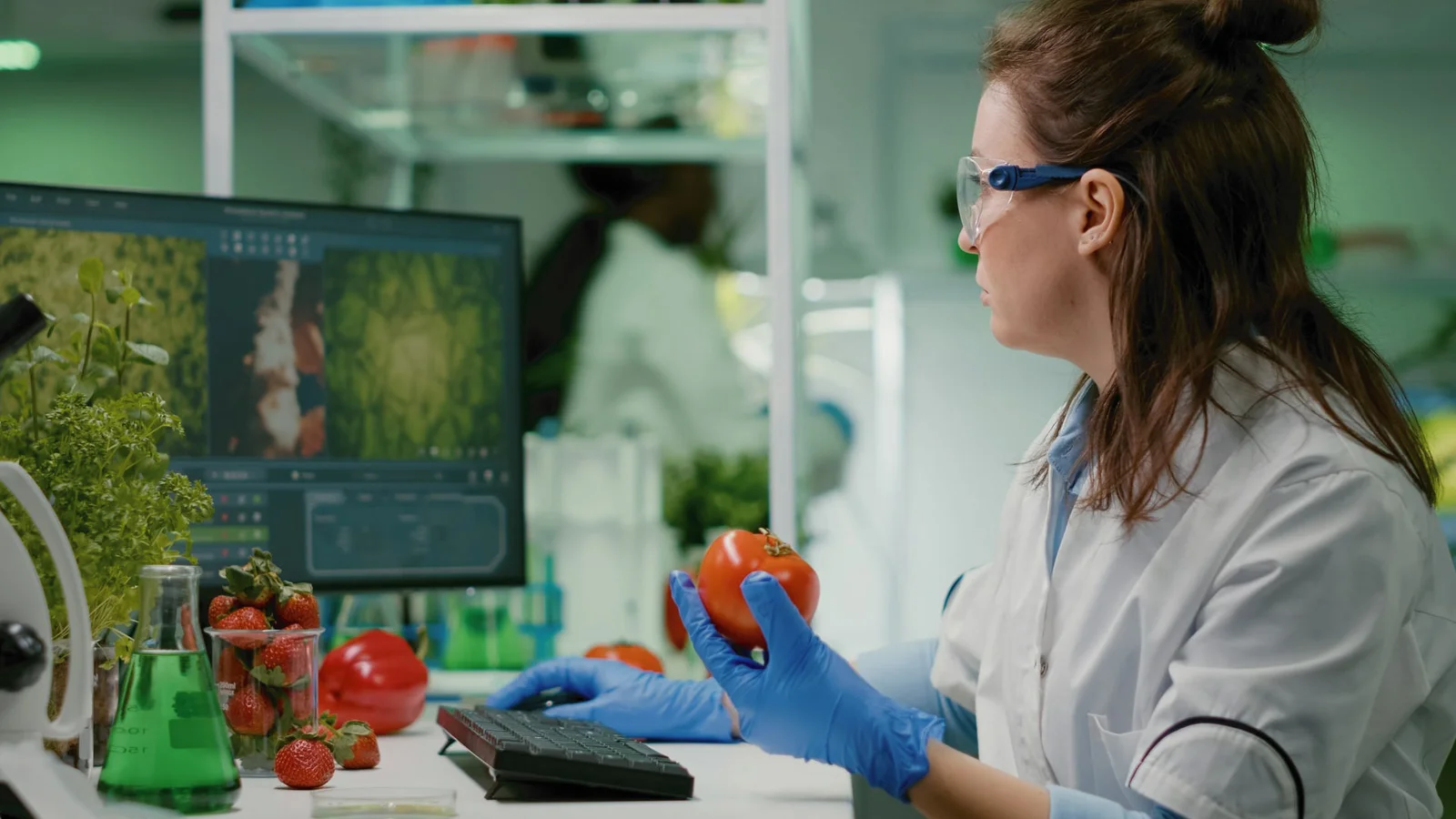As the global economy pivots toward sustainable solutions, the bioeconomy stands at the intersection of innovation and environmental necessity. One of the most promising aspects of this shift lies in biorefined products—materials derived from renewable biological resources that can replace petroleum-based inputs in everything from plastics to fuels and chemicals. While breakthroughs in biorefining technology are accelerating, the next major challenge lies not in discovery, but in scalability. Scaling the future of biorefined products means overcoming economic, logistical, and policy barriers to transform laboratory innovation into widespread industrial adoption. This article explores the core components required to expand this next-gen sector and highlights how scaling efforts can catalyze a broader green industrial revolution.
The Promise of Biorefined Products
Biorefined products represent a critical pathway to reduce dependency on fossil fuels, cut carbon emissions, and build circular economies. These products are derived from biomass such as agricultural waste, forestry residues, algae, and other bio-based feedstocks. Their versatility enables use across diverse sectors—packaging, construction, cosmetics, textiles, fuels, and more. As markets seek low-impact materials, the future of biorefined products promises not only sustainability but new economic growth and resilience.
Current Innovations Driving Biorefinery Development
From microbial engineering to enzymatic conversion and precision fermentation, biorefinery technologies are advancing rapidly. Pilot plants worldwide are demonstrating the technical feasibility of converting biomass into high-value outputs. Synthetic biology is making it possible to fine-tune metabolic pathways, while AI-driven analytics are optimizing production conditions in real time. These innovations are the foundation of what makes scaling the future of biorefined products both viable and urgent.
Challenges in Scaling the Future of Biorefined Products
Despite technical breakthroughs, scaling biorefined products remains a complex endeavor. High capital expenditure, limited supply chain maturity, and inconsistent biomass availability are persistent hurdles. Many biorefineries operate below capacity due to a lack of market incentives and insufficient demand signals. Without standardized metrics or industry-wide performance benchmarks, building investor confidence is difficult. Bridging this gap between potential and reality is essential for meaningful impact.
The Role of Investment and Infrastructure in Scale-Up
Scaling requires massive investment—not just in biorefineries, but also in feedstock collection, transportation networks, and skilled labor. Public-private partnerships and venture capital are beginning to fuel the transition, but long-term capital commitments remain uneven. Building out infrastructure also means aligning it with regional strengths—such as agricultural hubs or forestry sectors—to minimize costs and ensure efficient supply chains. Strategic planning at national and international levels is key to scaling the future of biorefined products.
Policy Alignment and Regulatory Support
Policy plays a decisive role in shaping the growth of the biorefining industry. Tax incentives, subsidies, and mandates for bio-based content can accelerate adoption. Equally important are regulations that level the playing field, such as carbon pricing or penalties for petroleum-intensive processes. Consistency in international standards and certifications will ensure biorefined products can compete globally. Governments must integrate biorefined innovation into broader energy and climate agendas.
Industry Collaboration and Market Creation
To scale successfully, collaboration across industries is critical. Agribusiness, energy, manufacturing, and logistics sectors must coordinate efforts to streamline the biorefining value chain. Meanwhile, consumer education and labeling will help build trust in biorefined alternatives. Large corporations can drive demand by integrating these products into their supply chains and sustainability goals. The future of biorefined products depends not only on production capabilities but also on the ability to cultivate and expand viable markets.
For More Info: https://bi-journal.com/scaling-the-future-of-biorefined-products/
Conclusion
Scaling the future of biorefined products is not a technical dream—it is a necessary evolution toward sustainable industry. The tools and technologies already exist; now, the focus must shift to systemic collaboration, policy alignment, infrastructure investment, and market activation. Only by bridging innovation and industry can we create a resilient bioeconomy that meets both environmental and economic goals. This is not just the future of biorefining—it is the future of global manufacturing.

